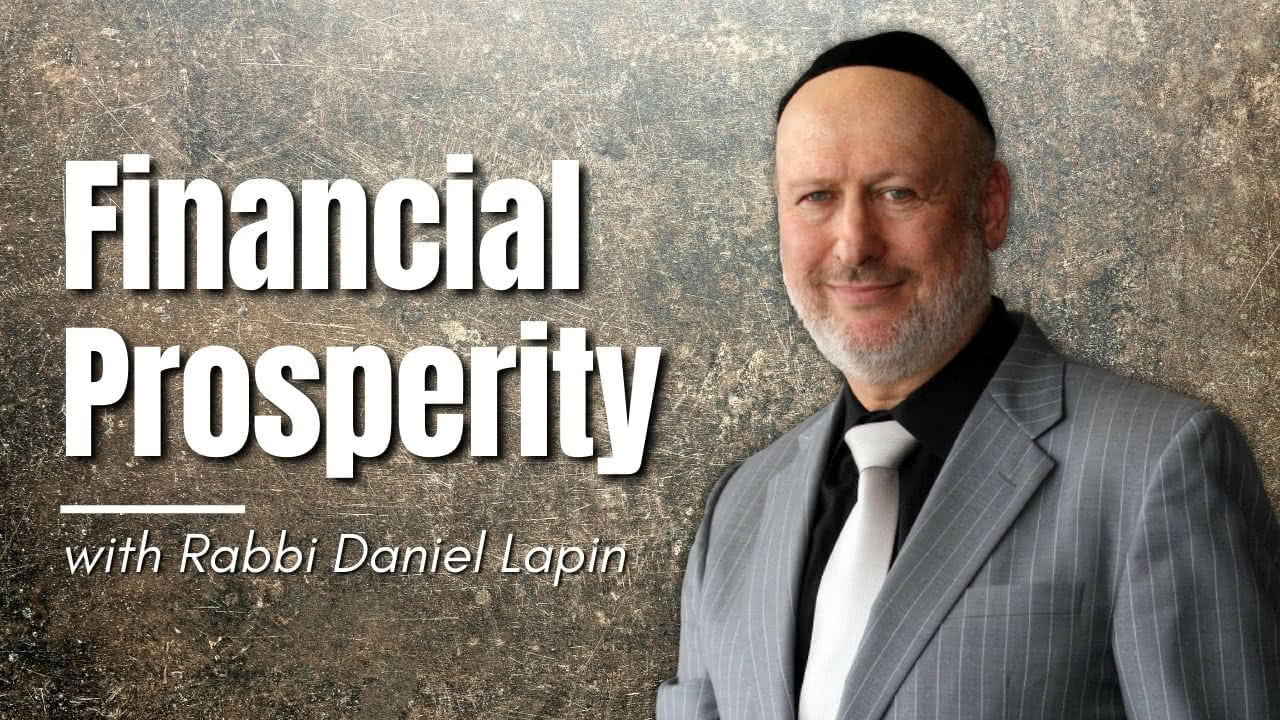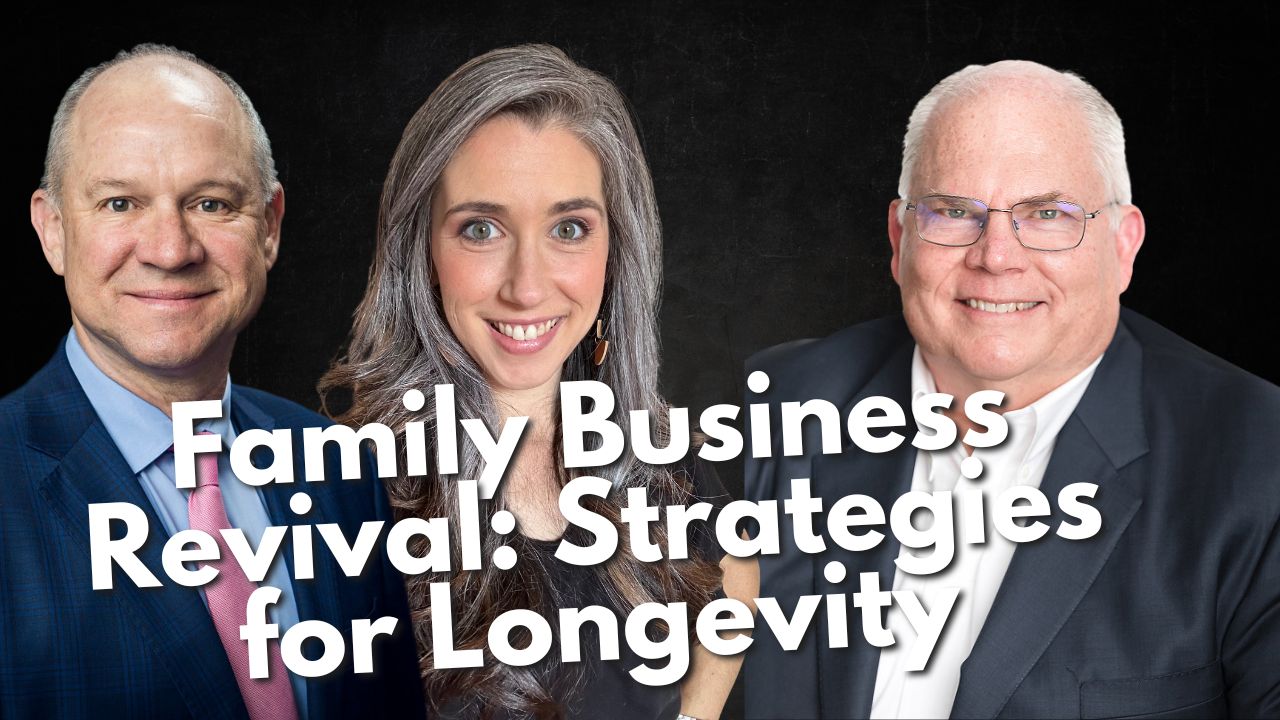
Financial Prosperity, with Rabbi Daniel Lapin
What is the difference between those who achieve financial prosperity and those who do not? How do you build sustainable wealth? Rabbi Daniel Lapin is back to talk about the mindset of abundance rather than shortage, the financial power of reading over watching, and why giving comes before getting.
So, if you want to increase your income while becoming a better person … tune in now!
Podcast: Play in new window | Download (Duration: 1:05:30 — 75.0MB)
Subscribe: Apple Podcasts | Spotify | Android | Pandora | RSS | More
Table of contents
[6:15] “Honesty compels me to concede that what I am is an exceptionally good transmitter. I like to think of myself as a clean window: you can see through me into the scintillating and incandescent brilliance of ancient Jewish wisdom.”
Why is Financial Prosperity Difficult to Grasp?
In many ways, our culture makes money a sin and poverty a virtue. However, this gives money far too much credit in either direction. Money itself is a tool with no morality. Money simply represents value, and money goes where people find value–in products, things, people, and communities.
[9:48] “One of our greatest joys is to do a seminar for that church [with a poverty mindset] and then come back six months or a year later, and see the change.”
[10:13] “Mindset is very important. I mean, at an Olympic level, what separates athletes is not bodily perfection—they are all at the peak of physical perfection—what distinguishes them is simply psychological and spiritual; the will to win and the ability to endure pain.”
[12:15] “In the United States, people’s negative attitudes towards finances and prosperity happen to correspond with America’s deterioration from basically a Judeo-Christian, bible-based worldview to a secular worldview.”
As Rabbi Lapin explains, those with a secular worldview are uncomfortable with the idea of “making” money over “taking” money.
Overcoming Your Spiritual Schematics
Your spiritual schematics, as Rabbi Lapin shares, are the formative experiences that you have that shape your worldview. For many people, their upbringing can be a major catalyst for their adult beliefs that to make money is immoral and that they’re taking something from another.
[36:20] “Making money is, at its heart, one of the most moral and dignified things you can possibly do. Because the only way you can get it is by pleasing other people.”
Money represents value, and people use money to prove that they value a service or product you provide. Therefore, it stands to reason that money cannot be evil or immoral. If we can change the cultural outlook on money, more people can thrive.
The Five Fs
One of Rabbi Lapin’s programs is about developing the Five Fs: family, faith, finances, friendships, and fitness. This helps people rewrite their spiritual schematics and strengthen these important areas in life.
[43:19] “The secret of the Five F, what makes it counterintuitive and difficult and challenging, is that you have to develop all five simultaneously and in balance. Anyone who focuses on one to the detriment of the other four is going to find themselves in trouble.”
When you focus on all Five Fs, you create a pretty amazing life for yourself. And what happens in this instance, as the Rabbi shares, is that you create a community of people who are walking in step with each other. Your family and your friends have the same values, so of course, they’re people you can trust with the other Fs, like your finances.
Why You Should Read for Financial Prosperity
[51:50] “Watching destroys the imagination. With no imagination, there’s no way you’re ever going to dream up a business plan. You won’t. It’s as simple as that. Imagination is an incredibly powerful business tool. I’ve got to imagine how life could be better; not only for me but for my potential customer. And I can’t do that if I have no imagination. Screens, movies, anything that you watch is a destroyer of imagination. Reading… does exactly the reverse.”
[52:30] “Reading exercises the entire cognitive process. And what’s more, [it] gives you information with a much higher chance of retention. And finally, what reading does is equips and enhances your most powerful business, money-making organ, and that’s your mouth: the ability to communicate effectively.”
Connect with Rabbi Lapin
- YouNeedARabbi.com
About Rabbi Lapin
Rabbi Daniel Lapin, author, speaker, and TV host immigrated to the United States from South Africa after studying mathematics, physics, and economics in Israel and the United Kingdom.
Some of his seven books are America’s Real War, Business Secrets from the Bible, and Thou Shall Prosper, all of which have been translated into Chinese and Korean.
Rabbi Lapin is a frequent speaker for trade groups, political and civic organizations, financial conferences, and companies in the US, Europe, and Asia. He regularly guests on radio and television shows. Newsweek magazine included him in its first list of America’s fifty most influential rabbis. His weekly podcast now enjoys over 100,000 downloads, as do his weekly columns.
With his wife Susan, he hosts the daily TCT television show Ancient Jewish Wisdom. An enthusiastic boater who has sailed his family across the Pacific in their own boat. The Lapins, who home-schooled their seven children, live in Maryland.
Book A Strategy Call
Do you want to coordinate your finances so that everything works together to improve your life today, accelerate time and money freedom, and leave the greatest legacy? We can help! Book an Introductory Call with our team today at https://themoneyadvantage.com/calendar/ and find out how Privatized Banking, alternative investments, or cash flow strategies can help you accomplish your goals better and faster. That being said, if you want to find out more about how Privatized Banking gives you the most safety, liquidity, and growth… plus boosts your investment returns, and guarantees a legacy, go to https://privatizedbankingsecrets.com/freeguide to learn more.
Family Business Longevity, with Rob Ferguson
Family businesses have a shrinking lifespan. Families in business together face conflicts and challenges that have made it increasingly difficult to build a business that lasts generations. Yet Rob Ferguson, founder of Ferguson Alliance, says that family businesses can live to infinity with the right systems and tools. Today, we’re discussing how the key components…
Read MoreStop the Hustle and Grind, with Christine Jewell
Are you an ultra-high achiever, but feeling the cost of that success? Christine Jewell, author, keynote speaker, faith-based executive coach, and host of the Breaking Chains podcast, joins us today to provide a fresh solution. In her new book, Drop the Armor, Christine teaches you a transformational approach that allows you to stop the hustle…
Read More


